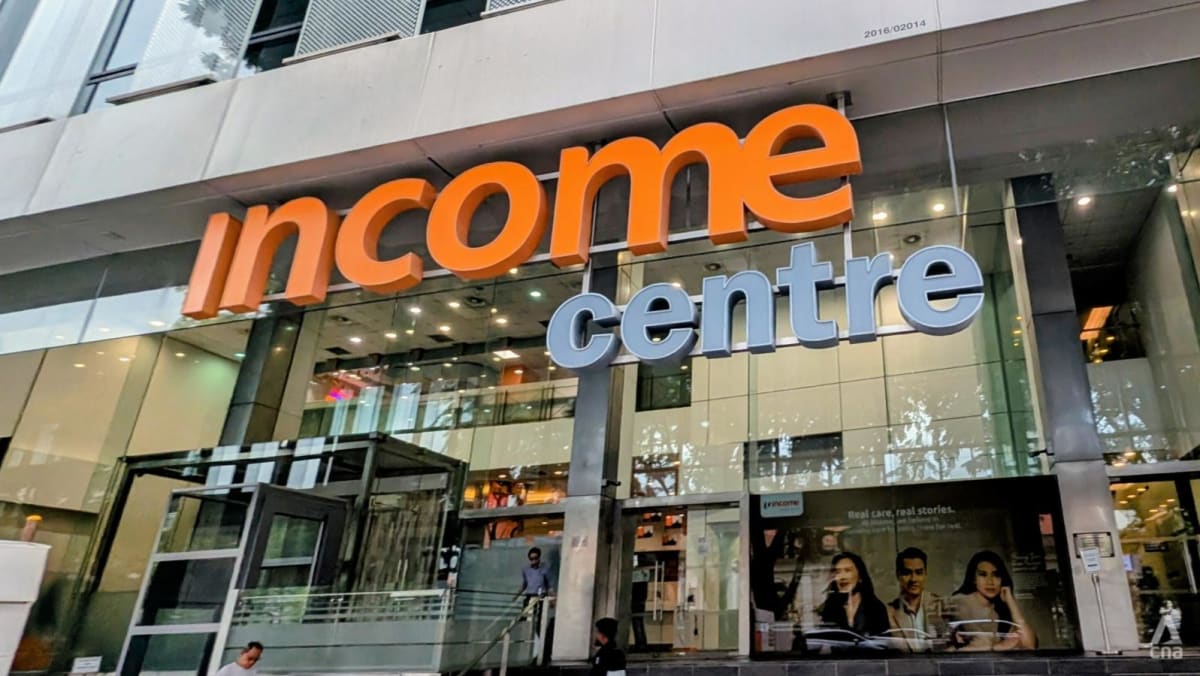SINGAPORE: Income Insurance could still look for other buyers after German insurer Allianz withdrew its offer to acquire a majority stake, but potential investors may now tread with caution, experts said.
Allianz’s announcement on Monday (Dec 16) comes after the Singapore government intervened to block the proposed deal in October.
Under the proposed transaction, which was announced on Jul 17, Allianz would have a 51 per cent stake in Income for S$2.2 billion (US$1.6 billion).
The announcement triggered a public outcry, with concerns over whether Income would continue its social mission.
In turn, the government said the proposed transaction, in its current form “would not be in the public interest”, but that it was open to new arrangements if the concerns highlighted were fully addressed.
Experts told CNA that finding alternative buyers is still on the cards for Income after Allianz’s withdrawal. But they noted that these investors should be aligned with Income’s long-term vision.
Moreover, the ideal partner would not only support Income financially but also bring in expertise, technology and innovation to modernise its operations and position the company for sustainable growth in a competitive insurance market, said Associate Professor Shinichi Kamiya from Nanyang Business School’s division of banking and finance.
Such partners can be international firms looking to establish a presence in the Singapore market as the country remains an attractive insurance hub due to its strong regulatory environment and access to the broader Asian market.
If a global partner cannot be secured, local players like DBS or Temasek may emerge as alternatives, said Assoc Prof Kamiya, who is deputy director of the Insurance Risk and Finance Research Centre at Nanyang Technological University (NTU).
But he noted that while the likes of DBS and Temasek have the financial capability to invest in Income, their contribution to its strategic transformation may be “more limited” compared to a global insurer like Allianz.
“The key question here is not whether a buyer can be found, but whether Income can secure the right partner – one capable of driving operational innovation, such as leveraging artificial intelligence, enhancing product development and expanding digital capabilities for long-term growth,” he added.
Similarly, Professor Lawrence Loh of the National University of Singapore’s business school said that Income “should be open” to being acquired as long as its social mission is assured and the S$2 billion in surplus retained during corporatisation is safeguarded.
In 2022, Income sought and received an exemption from the Co-operative Societies Act, letting it carry over the surplus to the new corporate entity.
Prof Loh, who also pointed to DBS, said the bank may consider the acquisition to strengthen its portfolio in insurance, adding that a local acquirer may be “more acceptable” to stakeholders.
But he added that any DBS decision should be made on commercial grounds.
At the same time, finding another buyer who is both willing and able to address the concerns raised in the previous deal will not be straightforward, said assistant professor of economics Goh Jing Rong from the Singapore Management University.
The government’s decision to step in and Allianz’s retreat highlight the importance of ensuring that any future transaction aligns with Income’s social mission and its cooperative roots, he said.
“Such requirements may narrow the pool of interested investors willing to accept these conditions,” added Asst Prof Goh.
Yet, he acknowledged that this does not preclude the possibility of another acquirer emerging, particularly one with a longer-term outlook or a strong alignment with social objectives.
